Egyptian hospitality is famous worldwide for its warmth, generosity, and deep-rooted cultural traditions. If you’re planning to visit Egypt, whether for tourism or business, you can be certain that you will be embraced with open arms. Egyptians pride themselves on making guests feel welcome, offering them more than just a place to stay or a meal to eat—they offer their hearts. Hospitality is not just an act of politeness; it is a deeply ingrained part of Egyptian life, reflecting the country’s sense of community, respect, and cultural pride. This hospitality often transcends national and cultural boundaries, making it one of the most cherished experiences for any traveler.
- Egypt Tour Magic
- Egypt Tour Packages
- Excursions in Egypt
- Cairo Tours and Excursions
- Hurghada Tours and Excursions
- Soma Bay Tours and Excursions
- Makadi Bay Tours and Excursions
- Sahl Hasheesh Tours and Excursions
- El Gouna Tours and Excursions
- Marsa Alam Tours and Excursions
- Port Ghalib Tours and Excursions
- El Quseir Tours and Excursions
- Dendera and Abydos Day Tours
- Aswan Tours and Excursions
- Luxor Tours and Excursions
- Alexandria Tours and Excursions
- Sharm El Sheikh Tours and Excursions
- Top Rated Tours in 2025
- Optional Excursions in Egypt
- Private Transfer
- Blogs About egypt
- Ancient Egypt
- What You Need To know Before Your First Trip To Egypt
- Best Places to Visit in Egypt 2025
- Top Attractions in Red Sea Resorts 2025
- Top 10 Tourist Activities in Egypt
- Top 30 Activities You Can’t Miss in Egypt
- The Guide to Guided Tours in Egypt
- Egypt’s Ancient and Modern History
- The Nile River
- The Deserts of Egypt
- Historical Sites in Egypt
- Cairo
- Alexandria
- Luxor
- Aswan
- The Red Sea
- Dendera Temple
- El Fayoum Oasis
- Bahariya Oasis
- Siwa Oasis
- Al Alamein
- Marsa Matruh
- Ancient Egyptian gods
- famous Egyptian dishes
- UNESCO World Heritage sites
- About Us
- Why Egypt Tour Magic
- Egypt Tour Magic
- Egypt Tour Packages
- Excursions in Egypt
- Cairo Tours and Excursions
- Hurghada Tours and Excursions
- Soma Bay Tours and Excursions
- Makadi Bay Tours and Excursions
- Sahl Hasheesh Tours and Excursions
- El Gouna Tours and Excursions
- Marsa Alam Tours and Excursions
- Port Ghalib Tours and Excursions
- El Quseir Tours and Excursions
- Dendera and Abydos Day Tours
- Aswan Tours and Excursions
- Luxor Tours and Excursions
- Alexandria Tours and Excursions
- Sharm El Sheikh Tours and Excursions
- Top Rated Tours in 2025
- Optional Excursions in Egypt
- Private Transfer
- Blogs About egypt
- Ancient Egypt
- What You Need To know Before Your First Trip To Egypt
- Best Places to Visit in Egypt 2025
- Top Attractions in Red Sea Resorts 2025
- Top 10 Tourist Activities in Egypt
- Top 30 Activities You Can’t Miss in Egypt
- The Guide to Guided Tours in Egypt
- Egypt’s Ancient and Modern History
- The Nile River
- The Deserts of Egypt
- Historical Sites in Egypt
- Cairo
- Alexandria
- Luxor
- Aswan
- The Red Sea
- Dendera Temple
- El Fayoum Oasis
- Bahariya Oasis
- Siwa Oasis
- Al Alamein
- Marsa Matruh
- Ancient Egyptian gods
- famous Egyptian dishes
- UNESCO World Heritage sites
- About Us
- Why Egypt Tour Magic
What to Expect from Egyptian Hospitality: A Heartfelt Journey into Warmth and Generosity
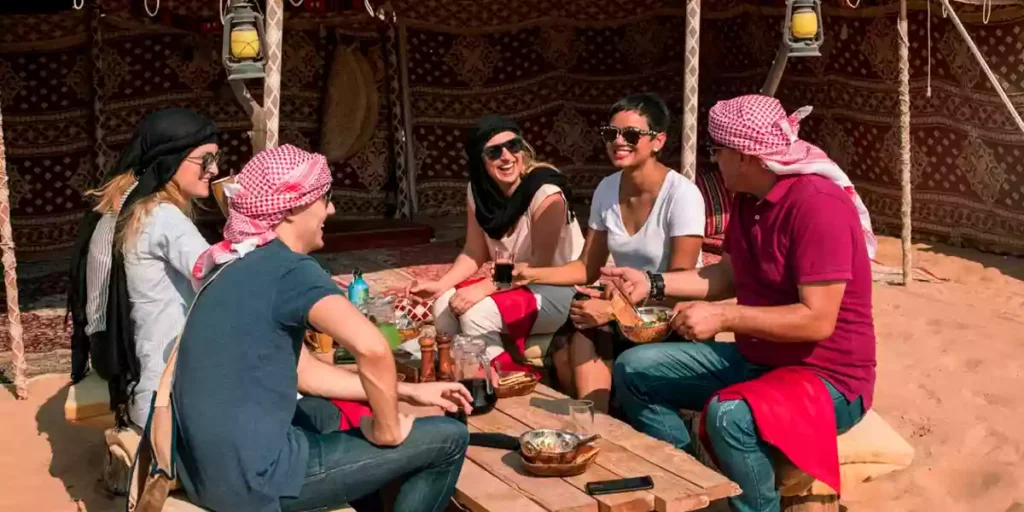
1. Warm Welcomes: The Egyptian Sense of Hospitality
One of the most remarkable aspects of Egyptian hospitality is the warmth and genuine kindness that locals offer to visitors. Egyptians are known for their welcoming nature, often greeting strangers as if they were long-lost friends. Upon meeting, you will likely be greeted with a friendly smile and a phrase like “Ahlan wa sahlan” (Welcome), which embodies the hospitality Egyptians extend to all who visit their country. When you visit, expect to be treated with great respect. It’s common for Egyptians to go out of their way to ensure your comfort, whether it’s by offering assistance when you’re lost, helping you navigate the city, or inviting you into their homes. This hospitality often takes on a more personal tone, where locals will offer not just information but also an open ear and a willingness to share their lives and stories with you. This friendly and open demeanor creates an atmosphere that is relaxing and welcoming, especially for first-time visitors. Many travelers note that, despite the challenges of navigating through bustling cities like Cairo, the people are eager to make them feel safe and at ease. In Egypt, the welcoming spirit of its people is often one of the most cherished memories for tourists long after they leave the country.
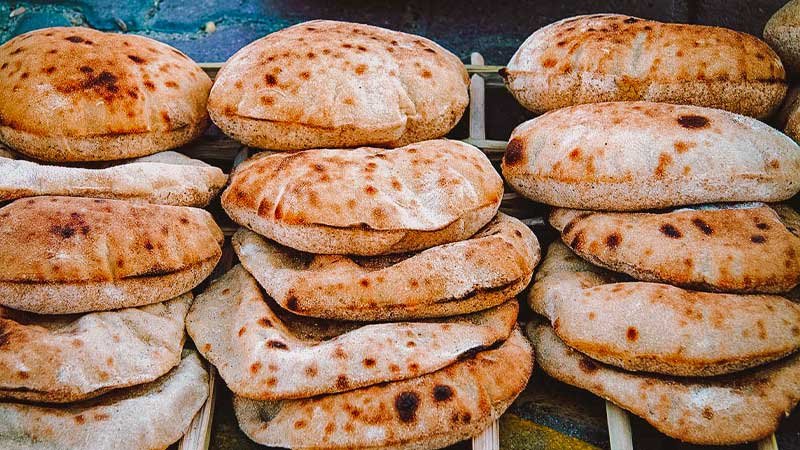
2. Traditional Meals: Breaking Bread with Locals
Food is at the heart of Egyptian hospitality. When you’re invited into an Egyptian home, it’s more than just about eating; it’s a social occasion filled with warmth and generosity. Expect to be offered a wide variety of delicious traditional dishes, from the famous koshari to moussaka, falafel, and stuffed grape leaves. In many Egyptian households, sharing food is a sign of respect, and meals are often prepared with great care and love, ensuring that guests are well-fed and comfortable. Typically, Egyptians will insist that you try everything—even if you’ve just had a large meal or aren’t particularly hungry. It is customary to turn down the offer at first to show humility, but it’s understood that eventually, you’ll accept the food. The hospitality in Egypt is so generous that you may feel a bit overwhelmed by the sheer amount of food being offered. However, the effort is made to ensure that you enjoy every bite and feel fully nourished, both physically and emotionally. In rural areas, hospitality is often even more pronounced. If you’re traveling outside Cairo, you may find yourself being invited to a local family’s home without any prior planning. It’s not uncommon for Egyptians to invite strangers for a meal, treating them as honored guests. These meals are often served on large platters, shared among family and friends, and accompanied by an abundance of freshly baked bread, salads, and sweets. Eating together fosters a sense of connection and togetherness, offering visitors the chance to experience local culture in an intimate and meaningful way.
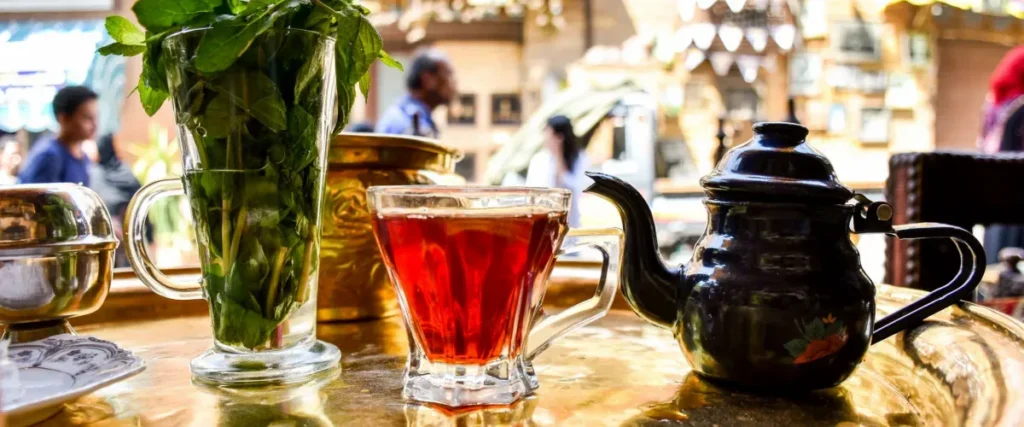
3. Tea, Coffee, and Conversation: The Heart of Egyptian Hospitality
In Egypt, offering guests a cup of tea or coffee is more than just a simple gesture; it is an integral part of social life. Egyptian coffee, served strong and sweet, or traditional mint tea, is often shared among friends and visitors as a way to bond and initiate conversation. This ritual is almost a universal sign of hospitality, and refusing it is considered impolite. Expect to be offered tea or coffee whenever you visit a local home, shop, or even while relaxing in the streets or cafés of Cairo and beyond. Egyptian tea is usually served in small glasses, while coffee is often presented in tiny cups, sometimes flavored with cardamom for an extra aromatic touch. It’s common for Egyptians to insist you enjoy a second or third serving, even after you've politely declined the first time. This insistence is not about overwhelming you; rather, it reflects the Egyptian desire to make you feel truly at home and appreciated. Beyond the drinks themselves, the conversation over tea or coffee is an essential part of Egyptian hospitality. Conversations often flow freely, with Egyptians eager to engage in discussions about everything from politics to philosophy, history, and culture. In Egypt, inviting a guest to share tea or coffee is a way of showing deep respect, giving time for meaningful conversations that help foster bonds of friendship. Whether you’re talking with a local shopkeeper, a fellow tourist, or a complete stranger, the Egyptian tea ceremony is an opportunity to connect with the people and culture on a more personal level.
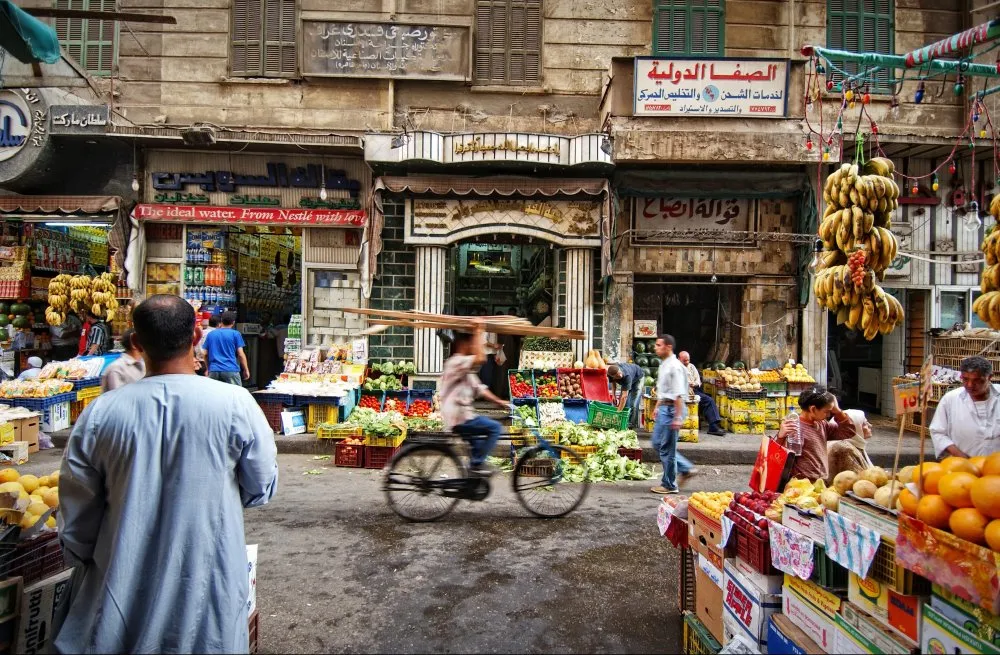
4. Street Vendors and Markets: The Heart of Egyptian Commerce and Hospitality
In Egypt, hospitality extends even to the street vendors and local markets, or souks, which are the lifeblood of Egyptian commerce. Whether you’re strolling through the vibrant Khan El Khalili Bazaar in Cairo or visiting a rural marketplace, you’ll experience the same hospitality and eagerness to help from the vendors. Egyptian markets are full of life, with shop owners often engaging in friendly banter with customers and passersby. As you wander the stalls, you’ll likely encounter a variety of handcrafted goods, jewelry, and artwork, but you can also expect to be greeted warmly, often with an offer to have a seat and enjoy a cup of tea or coffee. Egyptians take pride in making you feel welcome, even if you’re not purchasing anything. The art of bargaining is also an important aspect of Egyptian market culture, where haggling is done in good spirits, with vendors offering you a friendly negotiation experience. However, the hospitality doesn’t just stop at offering refreshments. Many vendors are eager to engage you in conversation, telling you about their goods, the history behind their craft, and the cultural significance of their work. This type of interaction gives visitors a deeper understanding of Egyptian culture, history, and local traditions. The Egyptian market experience is about more than just buying souvenirs—it’s about connecting with the people, their stories, and the culture they proudly represent.
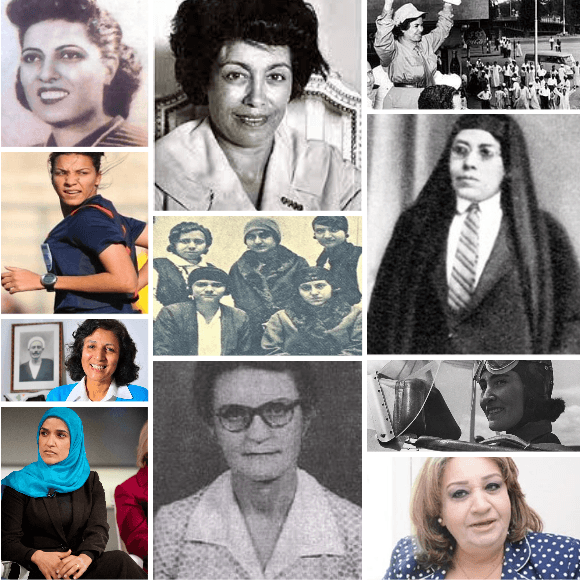
5. The Generosity of Egyptian People: A Shared Experience
Egyptian hospitality is truly about generosity, and it extends far beyond the walls of homes and businesses. Whether you’re navigating the streets of Cairo, visiting a temple, or traveling to a remote village, the sense of community is evident in the way Egyptians interact with one another and with guests. Egyptians are known for helping strangers, whether it’s guiding a lost traveler, offering a helping hand with luggage, or offering advice on local customs. It’s common for Egyptians to go out of their way to make visitors feel comfortable. If you’re lost or unsure about directions, locals are quick to offer help, often going so far as to walk you to your destination. This selflessness and community-mindedness speak to the deep cultural values Egyptians hold regarding hospitality. In a world that often feels disconnected, the Egyptians’ commitment to helping others fosters a sense of connection and shared humanity. Moreover, this sense of generosity extends to charitable practices as well. Egyptians are known for supporting one another during times of hardship, and many local communities engage in acts of charity, particularly during the holy month of Ramadan. Visitors are likely to notice the role that generosity plays in Egypt’s social fabric, making it not only a place to visit but a place to experience true human kindness and spirit.
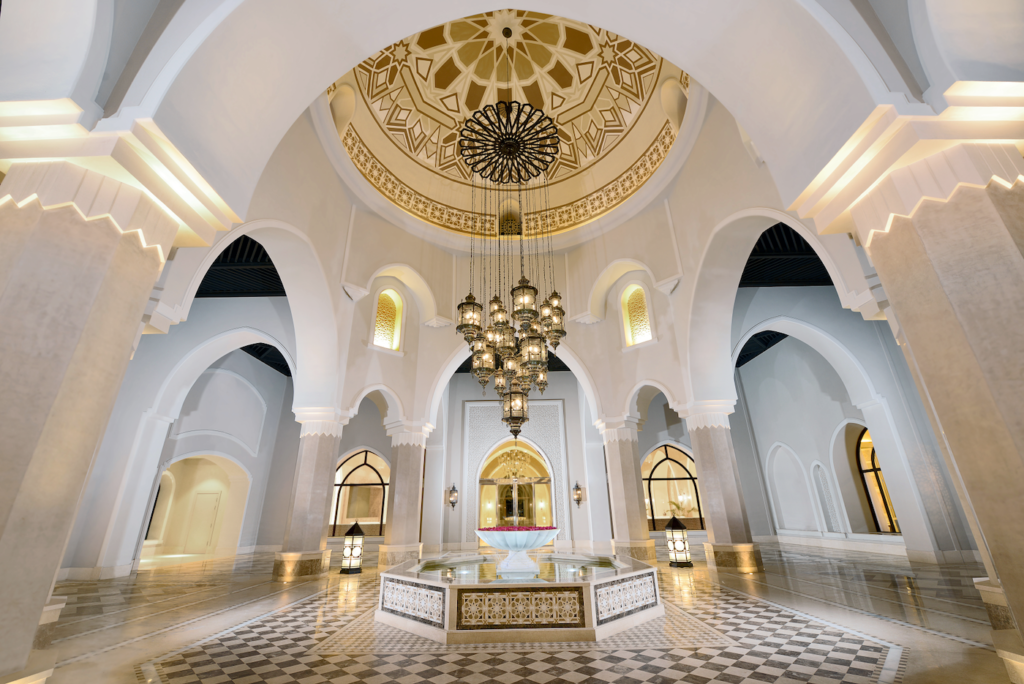
6. The Hospitality of Egyptian Hotels and Resorts: A Luxurious Touch of Tradition
Egyptian hospitality extends beyond local homes and marketplaces to the luxurious accommodations offered by hotels and resorts across the country. Whether you’re staying in a five-star hotel in Cairo or a beachfront resort in Sharm El Sheikh or Hurghada, you can expect the same level of exceptional warmth and care. Hotels in Egypt pride themselves on offering top-tier service, blending modern luxury with traditional Egyptian hospitality. From the moment you arrive, hotel staff greet you with the utmost respect and attentiveness. It’s not uncommon for visitors to be welcomed with refreshing drinks, scented towels, and personalized greetings upon check-in. Many resorts offer traditional Egyptian welcome ceremonies, where visitors are treated to a ritual greeting that might include fresh flower garlands or sweet pastries. These gestures create a special and memorable start to your stay, showing that the staff is invested in ensuring you feel comfortable and well-cared for throughout your time in Egypt. In addition to their personalized service, Egyptian hotels and resorts often emphasize the luxury of Egyptian culture. The design of hotel rooms, lobbies, and restaurants often incorporates traditional Egyptian art, decorative tiles, and ancient motifs, giving guests a glimpse into the country’s rich heritage while enjoying modern amenities. You’ll also find that hotel staff are eager to share information about Egypt’s history and culture, and may even offer personalized tours of local attractions to enrich your visit.


